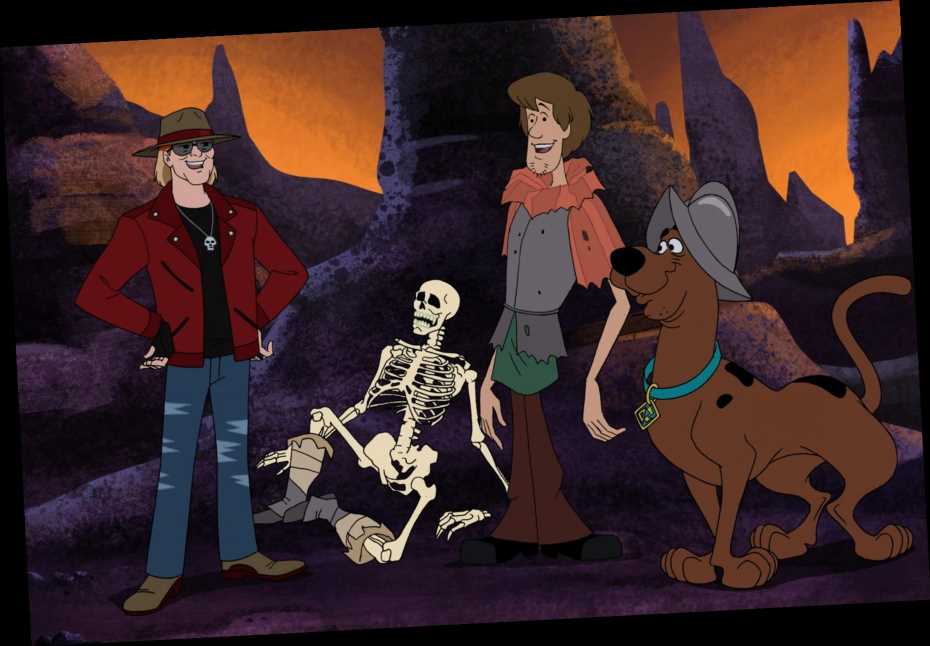Due to the pandemic, Berlin Film Festival artistic director Carlo Chatrian and his programming team this year were forced to “think of the selection in different terms,” he says, when the fest adopted its two-step formula — an industry and press-focused event March 1-5 and a Summer Special open to the public June 9-20 — and what they “had to offer” to the film industry changed. But Chatrian is proud of the result, which he calls “a good mix of new voices and established filmmakers” with “many works carrying the marks of the pandemic in their images.” He spoke to Variety about the challenges and goals of assembling this unprecedented edition. Excerpts below.
Simply put: how much did being forced to split the festival impact the makeup of this year’s lineup?
We had to think of the selection in different terms because the festival was changing and there was some stop and go. I consider festivals as a support system for films. So I completely understand that for some films what we had to offer was fine, and for others it was not. But I am proud of the lineup. It’s different than usual, of course. What I like about it is that — aside from a lack of U.S. titles in competition — it’s more international than I could have hoped for, and the films are very personal. They also span a wide range of different tones and different cultures.
There is of course a significant U.S. presence. “French Exit,” Kevin Macdonald’s “The Mauritanian” and Tina Turner doc “Tina,” which is world premiering in Berlinale Special, to name a few.
Absolutely. We have a nice lineup from the U.S. Just not in competition because this year we decided to have only world premieres there. But besides Berlinale Special we have some in Encounters. And in Panorama, among others, there is a great U.S. film called “Ted K” [directed by Tony Stone] about a very strong character, the Unabomber, featuring an astonishing performance.
Speaking of acting, in a first the jury will be awarding gender-neutral acting prizes, which some say could actually penalize women. What’s your response?
We decided to change the acting awards not because we wanted to penalize women, but because we believe that getting rid of the male/female distinction is more adequate to the world we are living in, and also more adequate to the city in which the festival is taking place.
The criticism you mention was related to the fact that women have less [lead] roles, and therefore less possibilities to be recognized.
And we made the selection without keeping that in mind. But now that the selection is done I think we’ve actually achieved a balance [in the competition]. In [roughly] half of the films we have a strong female leading performance and in the others a strong male one. The result is that the starting point is equal in our selection. Female actors and male actors start out with the same possibilities.
You mentioned during the press conference that many of the films were made during the pandemic.
I don’t how many of the films were literally shot during the pandemic, but some of them certainly carry the marks of the pandemic in their images. Some of them — which for me is even more interesting — captured something that is deeper and that is a sense of uncertainty. But at the same time the desire, or wish, to put people together. To put characters together in the frame. Even when they convey a very harsh picture of reality. This is counterbalanced by the fact that most of the stories we have this year don’t end. They don’t have a clear ending. This is probably a sign of something.
Read More About:
Source: Read Full Article

